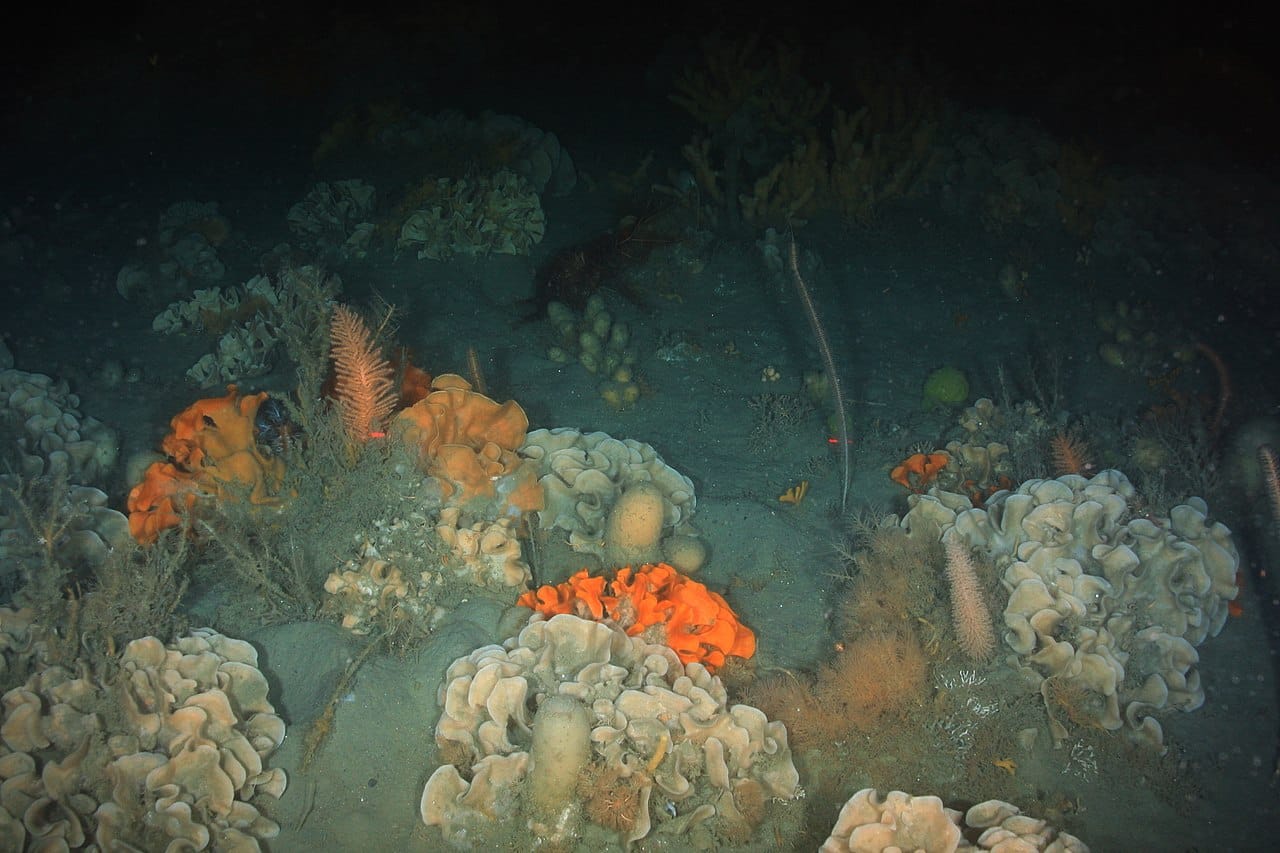

A rare deep-sea Antarctic squid has been captured on video alive for the first time, offering researchers a remarkable glimpse into one of the ocean’s least explored regions.
The sighting occurred in Antarctica on December 25, 2024, during a dive led by the Schmidt Ocean Institute in the Southern Ocean. Scientists aboard the research vessel R/V Falkor (Too) deployed a remotely operated vehicle (ROV) named SuBastian to explore the edge of the Powell Basin.
The mission was part of the National Geographic and Rolex Perpetual Planet Initiative, which focuses on documenting climate change in remote environments.
At a depth of nearly 7,000 feet—within the ocean’s “midnight zone” where sunlight cannot reach—the team observed a moving shadow on the live feed. That shadow revealed itself to be a bright red squid about three feet long, later identified as Gonatus antarcticus, commonly known as the Antarctic gonate squid.
Spotted for the first time alive: the elusive Antarctic gonate squid, 2,152m deep in the Weddell Sea—filmed on Christmas Day. A rare glimpse into the deep. pic.twitter.com/GrvQzTINhy
— Antarctic News (@AntarcticaNews) June 11, 2025
The squid released a greenish cloud of ink as the ROV approached, likely startled by the vehicle’s lights and presence. Researchers followed the animal briefly and used laser measurement tools to estimate its size before it disappeared into the darkness.
The species had been known to science for over a century, but only through dead specimens recovered from fishing nets or predators’ stomachs. This marks the first time the Antarctic gonate squid has been seen alive and in its natural environment.
“This is, to the best of my knowledge, the first live footage of this animal worldwide,” said Kat Bolstad, head of the Lab for Cephalopod Ecology and Systematics at Auckland University of Technology in New Zealand, who confirmed the species after reviewing the video.
The ROV’s footage captured key physical features that helped identify the squid, including a large hook at the end of each of its two longer tentacles. This distinctive trait is believed to aid the squid in capturing prey.
“The impressive tentacle hooks are probably used for grasping and subduing prey during ambush predation,” said Alex Hayward, a senior lecturer in ecology and conservation at the University of Exeter, who was not involved in the expedition.
The discovery has drawn attention from the broader scientific community. Linsey Sala, a museum scientist at the Scripps Institution of Oceanography, said such footage can help identify unknown specimens in research collections and offer insights into how deep-sea creatures survive in extreme environments.
The Antarctic gonate squid’s appearance underscores the importance of deep-sea exploration and highlights the vast extent of the ocean’s unknown regions. For scientists, this first live encounter opens new avenues for studying life in the planet’s coldest and darkest waters.
